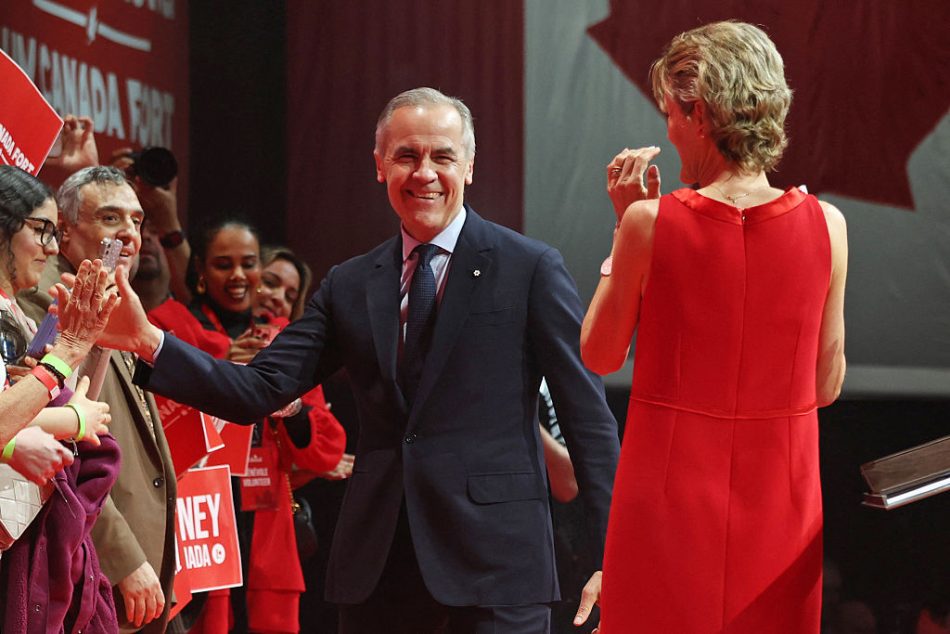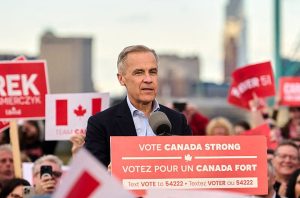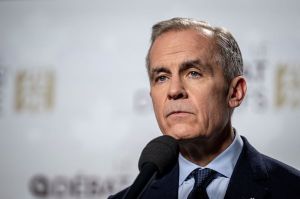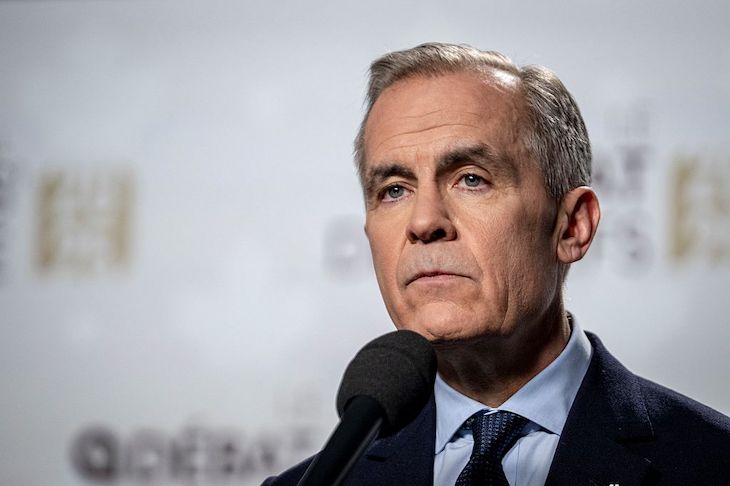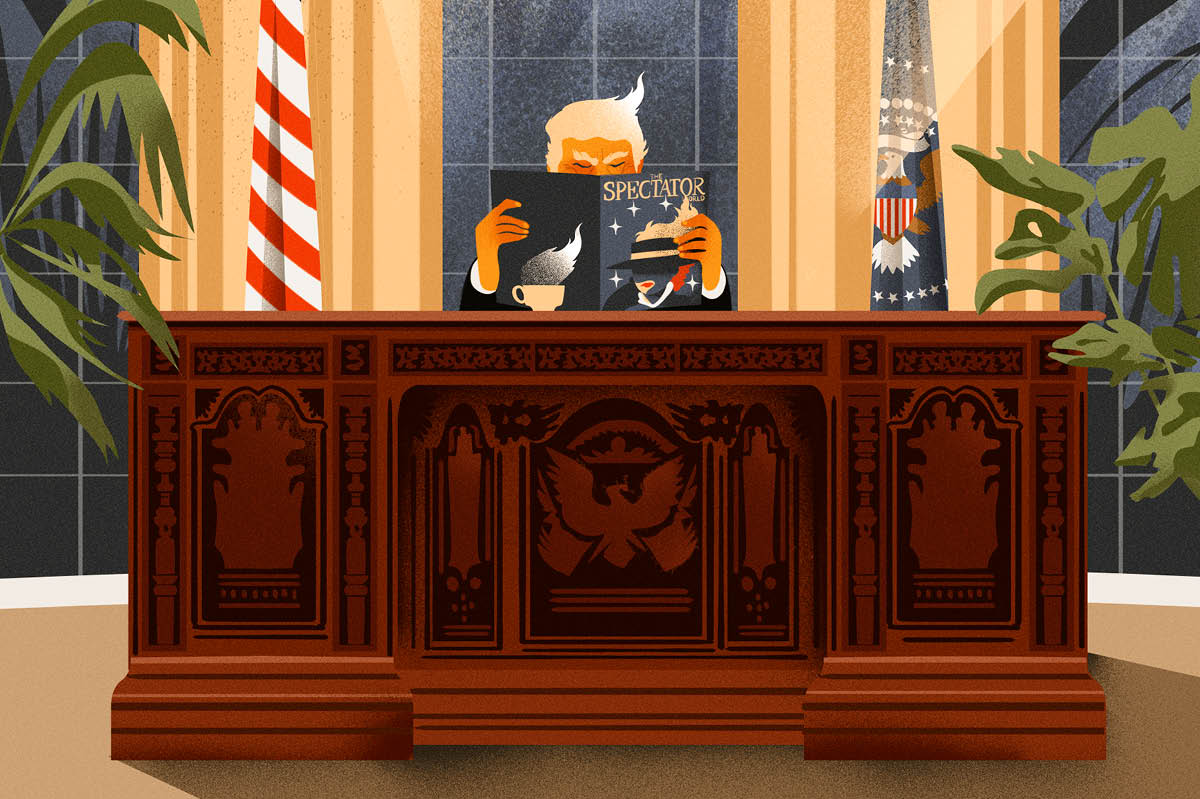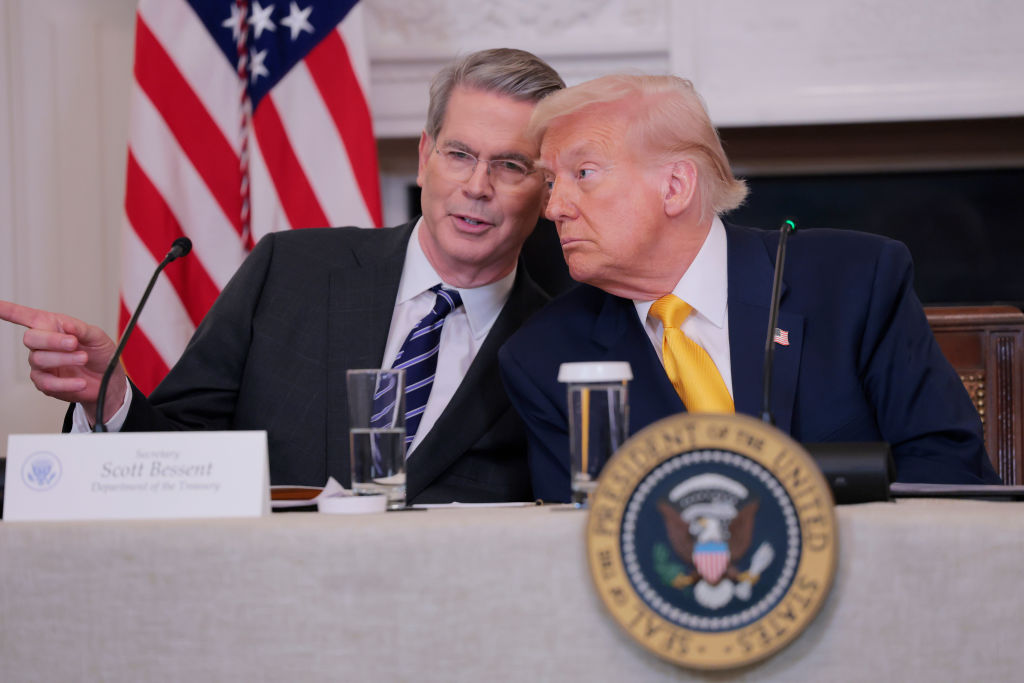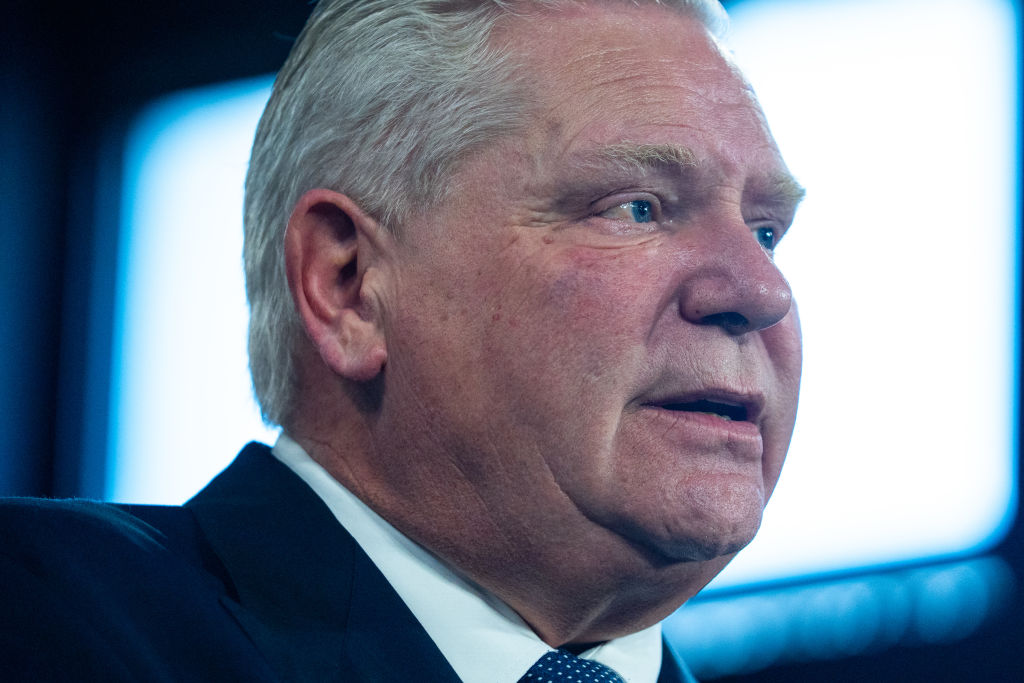Mark Carney has done the impossible. The Liberal leader will return to office as Prime Minister, after his Conservative rival Pierre Poilievre formally conceded. The key question is whether Carney will win a majority of 172 seats of Canada’s 343 electoral districts in the new House of Commons. National broadcaster CBC projects the Liberals to win 163 seats, with the Tories on 149 and the Bloc Québécois on 23.
What Carney has pulled off is nothing short of exceptional. The former Bank of England governor entered the race to replace Justin Trudeau in mid-January, when the Liberals were languishing 25 points behind the Conservatives. After winning the Liberal leadership race in March, he became prime minister and thereafter made a whistle-stop tour of Europe. A quick election was called, with the Liberals running a six-week presidential campaign on Carney’s character.
Of course, there is one person who he needs to thank in all of this: Donald Trump. The President has served as Carney’s unofficial running mate and bogeyman these past three months. His administration’s boorish behavior towards Canada in recent months – including endless threats of tariffs and talk of making it the “51st state” – unleashed a tidal wave of patriotism on which the Liberals capitalized to win a fourth term since 2015. In a single-issue election, their message of “Strong” resonated much more than the Tory call for “Change.”
The Conservatives sought to tie Carney to Trudeau, citing his past advice on economic and climate matters. But the ex-central banker positioned himself perfectly for this election. He ran on his experience and his establishment credentials, while avoiding any taint of incumbency by dint of having never sat in parliament before. He ruthlessly ditched Trudeau’s unpopular carbon tax and capital gains policies, shifting the center-left Liberals back to the “center” rather than the “left.”
For Pierre Poilievre, what does the future hold now? His ally Jason Kenney has already told broadcasters that if he wants to stay as leader, then Poilievre will have overwhelming support from the party to do so. He can certainly cite key achievements in this election: more than 30 seats gained, an expanded base and the party’s greatest showing in the popular vote for 40 years. Perhaps, if Carney does secure a minority, it could be a case of “one more heave” and staying on, like Stephen Harper did in 2004, to win two years later. But that first depends on Poilievre retaining his home seat of Carleton in Ottawa, where a recount is ongoing after a tough re-election bid.
A full post-mortem will come in the next few months, with recriminations likely to focus on whether the Conservatives were quick enough to change tack after the Liberals dumped Trudeau. Some, like Ontario’s Doug Ford, think Poilievre should have taken a stronger stand against Trump. Others will ask about the state of preparedness of the Tory campaign machine.
Carney must now steel himself for the task ahead. Speaking to supporters at a victory rally this morning, he asked, “I have a question, who’s ready to stand up for Canada with me?” he said, to cheers. Plotting the path to deliver that, in the face of a hostile White House, will challenge the veteran banker’s skills to their limit.



